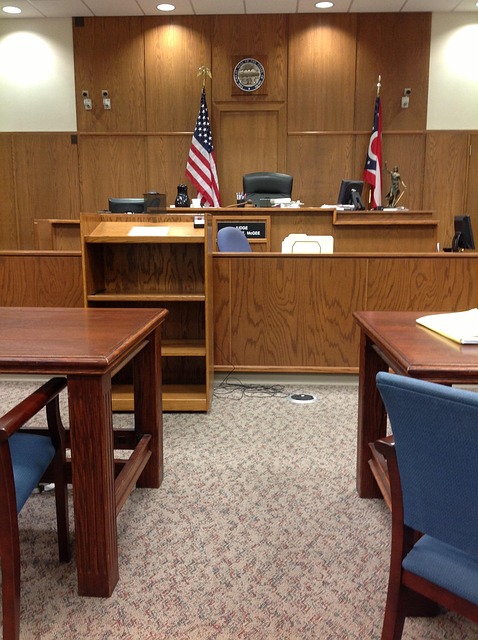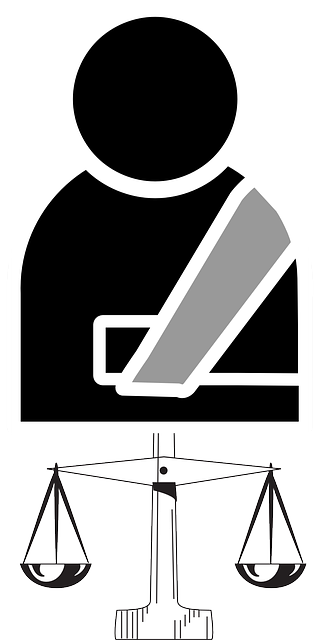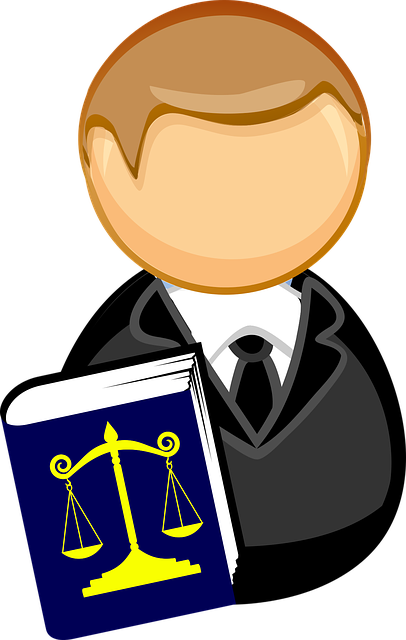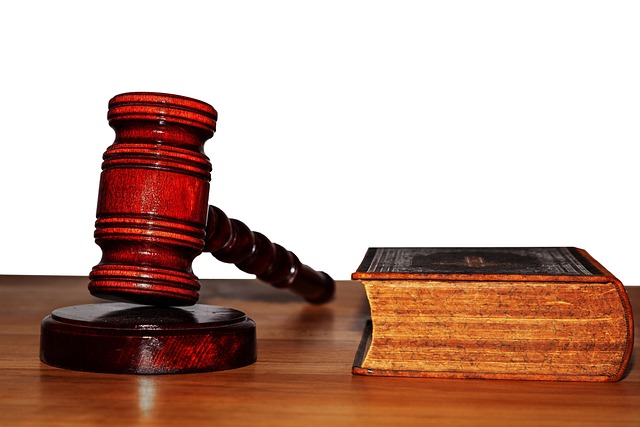During a personal injury consultation, lawyers collect critical details like incident timeline, location, cause, and extent of injuries through witness statements and medical records. They assess legal history, insurance coverage, and partnerships to build a robust case strategy. Essential documents, including police reports and comprehensive medical records, are quickly acquired and securely stored for accurate representation and to determine liability, assess compensation, and secure tailored legal assistance.
During a personal injury consultation, lawyers gather crucial information to build a strong case. This initial meeting is key, requiring attorneys to ask detailed questions about the incident, injuries, and medical history. Essential documents like police reports and medical records must be obtained, while discussing past treatments ensures a comprehensive understanding of client health. Assessing evidence, legal standards, and liability is vital for case strength, alongside managing client expectations through transparent communication regarding timelines, compensation, and ongoing updates.
- Gathering Relevant Information
- – What details are crucial during the initial meeting?
- – How to obtain necessary medical records and police reports.
Gathering Relevant Information

During a personal injury consultation session, lawyers need to gather relevant information that will help them build a strong case for their client. This includes details about the incident, such as when and where it occurred, how it happened, and any injuries sustained. It’s crucial to get accurate accounts of the events leading up to the accident and the immediate aftermath, as these can be critical in establishing liability and quantifying damages.
Additionally, lawyers should inquire about medical treatment received, insurance coverage, and any existing partnerships or elder law matters that could impact the case. Understanding the client’s insurance coverage dispute or partnership disagreements can help counsel them on potential legal strategies. Similarly, knowledge of elder law issues may be relevant if the injury affected a senior citizen, ensuring their rights are protected throughout the legal process.
– What details are crucial during the initial meeting?

During a personal injury consultation, several crucial details must be discussed to ensure a comprehensive understanding of the client’s case. Firstly, the lawyer needs to know about the incident that led to the injury—when, where, and how it occurred. This includes gathering all relevant facts, such as witness statements and any available evidence. Additionally, the nature and extent of the injuries sustained should be clearly outlined, including medical diagnoses, treatments received, and ongoing care requirements. These details are vital for building a strong case and determining liability.
Furthermore, the lawyer should inquire about the client’s legal history, especially regarding insurance disputes or previous personal injury cases. Understanding any existing policies or agreements is essential when assessing potential compensation and securing the best possible legal representation. Knowing these specifics from the initial consultation session allows lawyers to devise effective strategies tailored to each client’s unique circumstances.
– How to obtain necessary medical records and police reports.

During a personal injury consultation, one of the primary tasks for lawyers is to gather all relevant medical records and police reports to build a robust case. This process begins by requesting patients or their families to share any existing documentation related to the incident. It’s crucial to obtain detailed accounts from healthcare providers, including diagnoses, treatment plans, and prognoses, as these records serve as essential evidence in personal injury cases, whether they involve car accidents, slip-and-falls, or even suspected elder abuse.
In addition to medical records, lawyers should ensure they have access to police reports detailing the circumstances of the incident. These reports provide valuable insights into the sequence of events, potential liability, and any legal implications. For contract disputes, police reports may outline breaches of agreement while medical records can highlight injuries resulting from those breaches. Efficient communication between clients and their legal representatives is key to ensuring these essential documents are promptly acquired and securely stored for future reference during the personal injury consultation process.
During a personal injury consultation, lawyers require key information, including detailed accounts of the incident, injuries sustained, and relevant medical documentation. Ensuring these elements are covered allows for a comprehensive evaluation of the case, enabling legal professionals to provide informed guidance and enhance clients’ chances of a successful outcome. Effective communication and thorough documentation are essential steps in navigating a personal injury consultation session.






